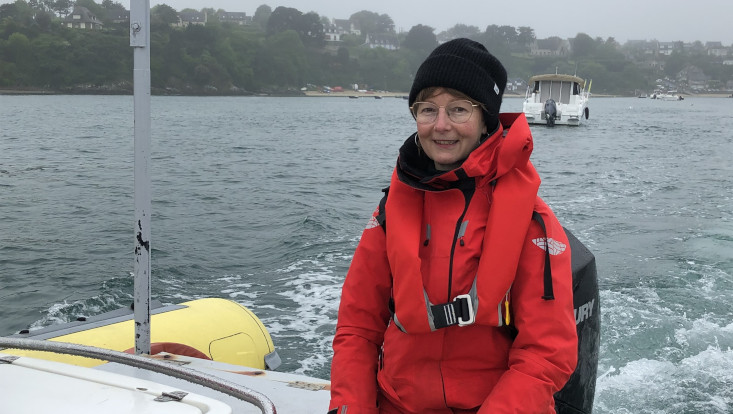CSS Lecture Series "After Sustainability"Panel discussion "Human-Environmental Relations in Crisis - Anthropological and Sociological Perspectives" 6th July, 6:15 PM,Von-Melle-Park 9
29 June 2022, by CSS

Photo: unsplash
We are very pleased to announce that Tanja Bogusz (CSS, Universität Hamburg), Frédéric Keck (EHESS, Paris) and Michael Schnegg (Humanities Faculty, Universität Hamburg) will join our Lecture Series with a panel discussion dealing with the topic of: "Human-Environmental Relations in Crisis. Anthropological and Sociological Perspectives".
When: Wednesday, July 6th, 6:15 PM (Berlin time)
Where: live in Lecture Room H, Von-Melle-Park 9.
The talk and the Q&A will be in English.
Abstract: In line with the aim of the CSS Lecture Series to ‘disorient’ ecological debates and to create a horizon for critical thinking “after sustainability”, this event reflects on current environmental, climatic and sanitary crises through the lens of increasingly problematic human-environmental relations. Confronted with the widespread failure of attempts to sustainably organize modern societies, anthropologists and sociologists approach globally heterogeneous modes of knowing the environment and accounting for ecological crisis situations. But what does it mean to investigate on human-environmental relations in crisis? And how can anthropological and sociological perspectives complement each other to better understand the roots of the current socio-ecological polycrisis, but also to open a space for imagining very different societal relations to nature?
Tanja Bogusz, sociologist and Michael Schnegg, anthropologist, both from Hamburg University, together with Frédéric Keck from the Laboratory of Social Anthropology at the EHESS Paris will discuss these questions in a lively and interactive exchange on what „after sustainability“ could mean within their respective fields of research and within their disciplines – sociology and anthropology.
You can find the poster for the talk here [pdf].
You can find more up to date information on the lecture series here.
"After Sustainability. What if we stopped pretending?"
A CSS Lecture Series
Fifty years after the Stockholm conference on the Human Environment ushered the creation of environmental ministries around the world, thirty years after the Rio Earth summit gave birth to international conventions on climate change, biodiversity and desertification, environmental policy and its associated language of preservation and precaution has failed (Biermann et al. 2019). It failed to formulate an adequate political diagnosis of the multiple crises societies face in the Anthropocene (Bonneuil& Fressoz2016). It also failed to deliver on the measures needed to limit global warming or biodiversity loss to non-dangerous levels, or to buy enough time for an orderly, smooth transition to an ecologically viable future. The sustainability paradigm has become obsolete, because it is too late for sustainability.
This is the starting point for the lecture series. Over the next year, we will explore different aspects of this theme, together with a series of distinguished guest speakers. The aim is to disorient and disenchant current ecological debates and go beyond techno-and marketfixesor highly uncertain technological gambles. Instead, we will point dilemmas and contradictions in discussions on decarbonisationand green growth, and center instead on the day-to-day practices of unsustainability in economic policies, infrastructure planning, consumption patterns and global financial markets. On this basis, we wish to engage a discussion on how to re-build and reassemble a horizon for contemporary ecological thinking. Starting from an honest assessment of the current situation and our ecological entanglements, what would a possible way forward look like? How can ecological thinking be at the same time critical and empowering, to support a politics of transformation that is not rooted in magical thinking?


